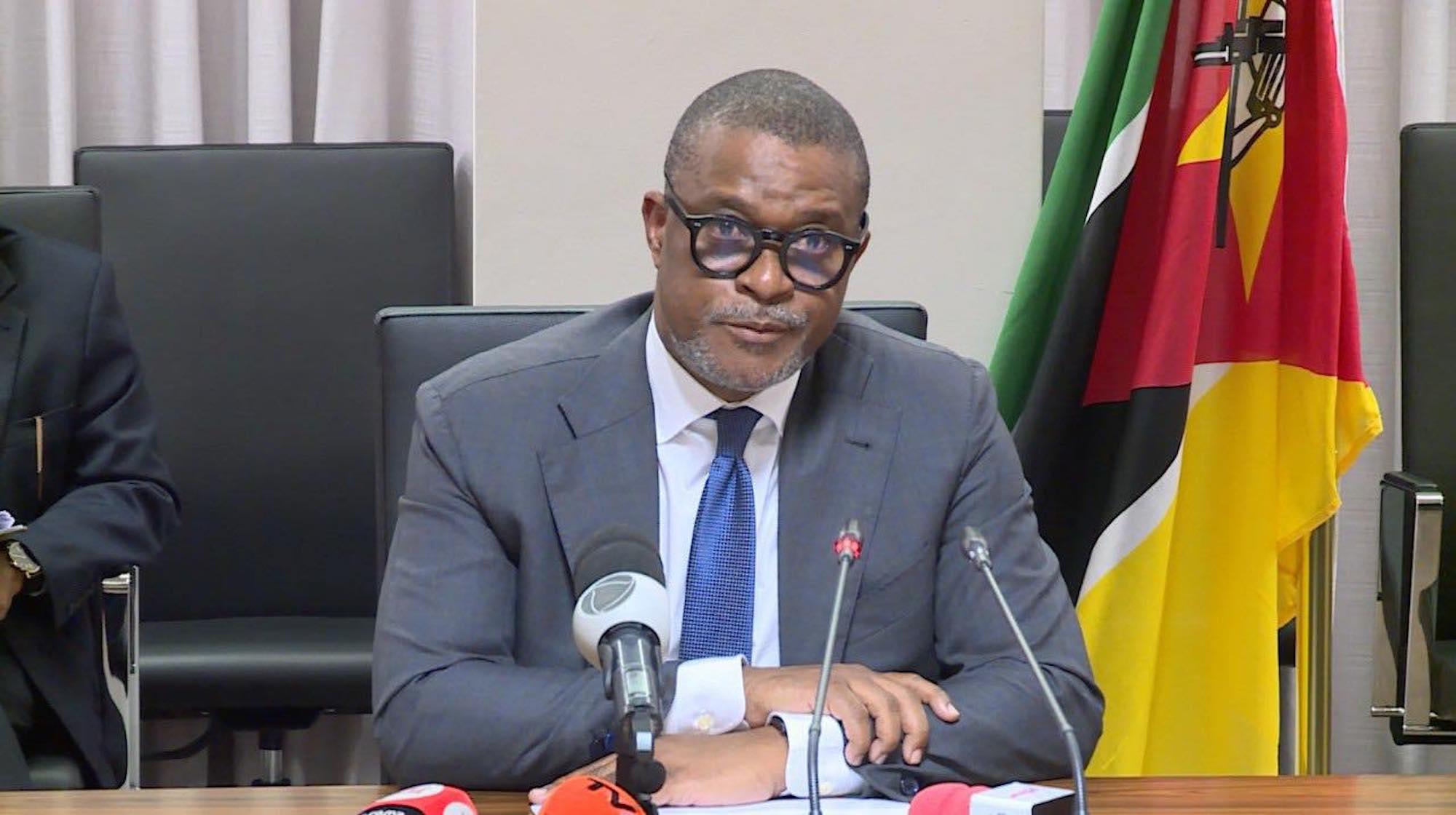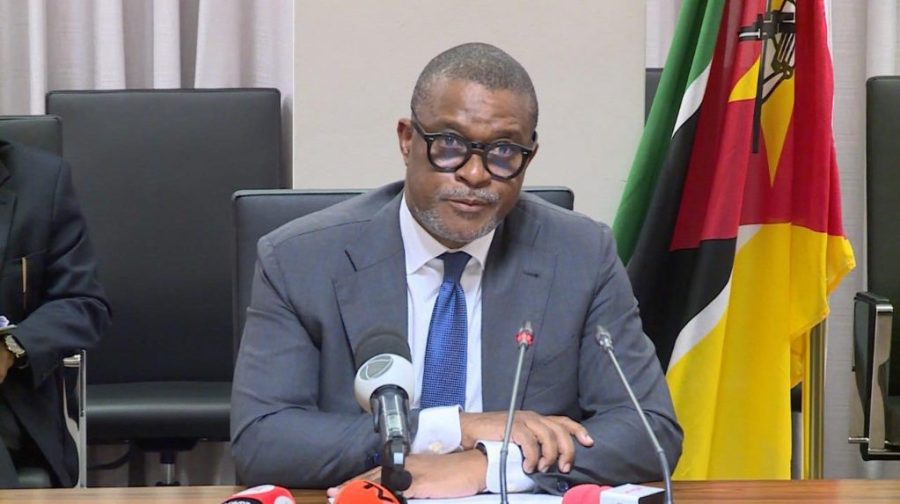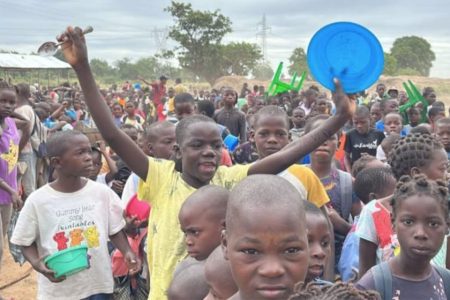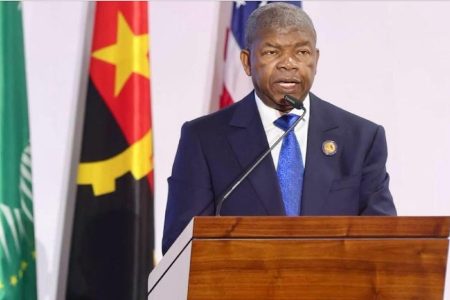Mozambique’s Finance Minister Max Tonela is “very optimistic” that TotalEnergies SE will make a decision by March to resume work on its US$20 billion liquefied natural gas export (LNG) project in Cabo Delgado that has been held up by Islamic State-linked violence.
“What TotalEnergies has required is a long-term security assurance” and the government thinks the necessary conditions are now in place, Tonela told Bloomberg.
“Of course, they have to analyse [the situation] and make a decision by themselves,” he said.
The Paris-based energy company evacuated all employees and declared force majeure on the development – one of Africa’s biggest private investments yet – after a major attack in March last year on the town of Palma. While the deployment of troops from Rwanda more than a year ago helped to beat back the insurgency, small-scale violence has continued in areas further away from the LNG project site on Mozambique’s northern coast.
The project could transform Mozambique’s US$16 billion economy, and offers an alternative gas source to European nations scrambling for supplies after Russia’s invasion of Ukraine. But the project is situated in an area where violence that started in 2017 has left at least 4,200 people dead and prompted nearly a million to flee their homes.
TotalEnergies said in June it would return to the site once it is satisfied the northern Cabo Delgado province is secure. Further work needs to be done, including the restoration of government services in key towns hit by the conflict, Stephane Le Galles, the company’s director for the project, said, adding “the direction is good.”
Tonela said he is “not so optimistic” that ExxonMobil, which has an even bigger onshore gas export project adjacent to TotalEnergies’, will reach a long-awaited final investment decision in the near-term. Development plans for that project are being revised, including to allow for potential carbon capture and storage in the future.
Asked if he expected a final decision next year, Tonela said: “It’s not easy to assume.”
ExxonMobil continues to monitor the situation and the timing of the project will be dependent on achieving a sustainable secure environment, said Jos Evens, chairman of its local unit.
Eni SpA, the Italian oil and gas producer that operates the offshore project components in ExxonMobil’s consortium, is preparing to ship the first LNG cargo from a floating platform off Mozambique’s northern coastline. That should happen by the end of October, the minister said.
A second such facility that Eni is planning would be positive for Mozambique, according to Tonela, who was energy minister before being appointed to his current role in March.
“There will be no contradiction” between pushing ahead with a second floating natural gas production platform as well as the bigger onshore development, Tonela said. “We do have enough gas to allow both projects to go ahead.”
Mozambique’s economy will probably expand by about 5 per cent this year versus a previous forecast of 2.9 per cent, thanks to better performance from the tourism, extractive and agriculture industries, he said.






